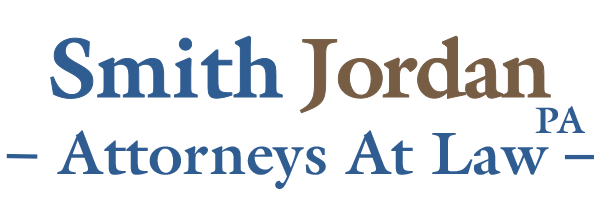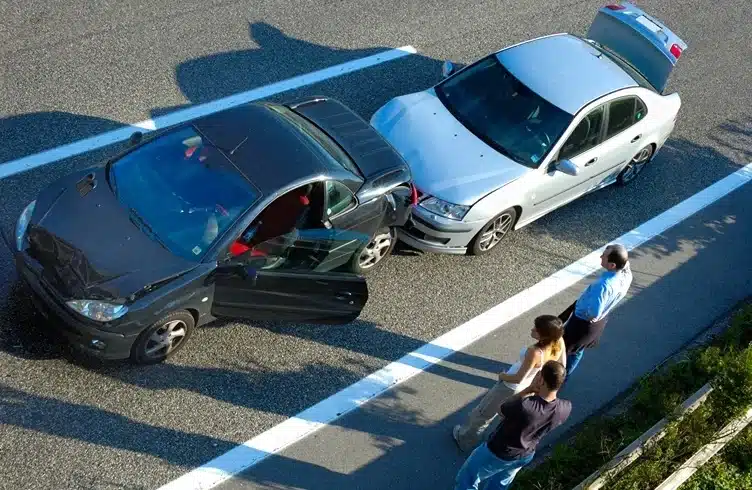A crucial part of an attorney’s work is showing causation in personal injury cases. Causation involves providing evidence that the defendant’s actions or inactions caused your injuries. To secure damages, your Greenville personal injury lawyer must connect the defendant’s actions to the events that led to your injuries.
How is causation in personal injury claims defined?
There are two kinds of legal cause: cause in fact and proximate cause. Cause means the event that is the direct cause of your harm, while the proximate cause is the legal cause. For example, if a bus runs into a truck and pushes that truck into your car, the truck hitting your car is the cause of your injuries. The bus hitting the truck is the proximate cause of your injuries as that is what started the whole chain of events.
Your Greenville personal injury attorney will need to show you more than likely wouldn’t have suffered the specific injuries you did if the defendant had behaved the way a reasonable person would have in the same circumstances. This can be complicated, especially if there are multiple parties involved. By conducting a thorough investigation, your lawyer can identify these entities and collect evidence to support your claim.
How does my attorney prove personal injury causation?
Proving causation in a personal injury case is just one of the four elements required to show negligence. Your lawyer must demonstrate:
- Duty: The defendant owed you a duty of care to drive safely.
- Breach: The defendant’s actions created a breach or failure in their duty.
- Causation: There is a demonstrable link between the defendant’s breach and your injuries.
- Damages: You have measurable damages related to your injuries.
Every case will be different, and your lawyer will apply their skill and experience to establish all four elements to secure the maximum compensation for a car accident or other personal injury case. Proving personal injury causation is complicated and requires a deep knowledge of state law and how it applies to your case. When you hire a personal injury attorney, you rely on their experience to build a strong case while you recover from your injuries.
Can causation in a personal injury case be used against me?
Yes. South Carolina uses a modified comparative negligence rule, meaning you could be found partly at fault for an accident. The defendant’s attorney will try to use this against you to reduce the damages their client must pay. If you are found up to 50% at fault for the injury, your damage award will be reduced by that percentage.
For example, if you seek compensation for a car accident of $100,000 but are assigned 25% of the blame, you will only receive 75% of your request ($75,000). Under modified comparative negligence in SC, you can’t file for compensation if you are 50% or more at fault. One common example where this comes up is speeding. If a driver is speeding and someone pulls out in front of them, then the speeding driver may be assigned some blame even though the other driver should not have pulled out in front of them.
Insurance companies and defense attorneys will often try to assign some blame to you even if you didn’t do anything wrong to reduce what they have to pay. Your personal injury attorney must investigate the facts of your case to show that most if not all of the blame was due to the other driver’s negligence.
Discuss your personal injury case with a qualified attorney today
The statute of limitations for most personal injury cases in South Carolina is only three years after the date of your injury. You might delay seeking legal representation if you are worried about the cost of hiring someone. Fortunately, speaking with a personal injury lawyer from Smith Jordan Law costs you nothing. You can schedule a free consultation by calling us at (864) 343-2222 or sending us a message today.






